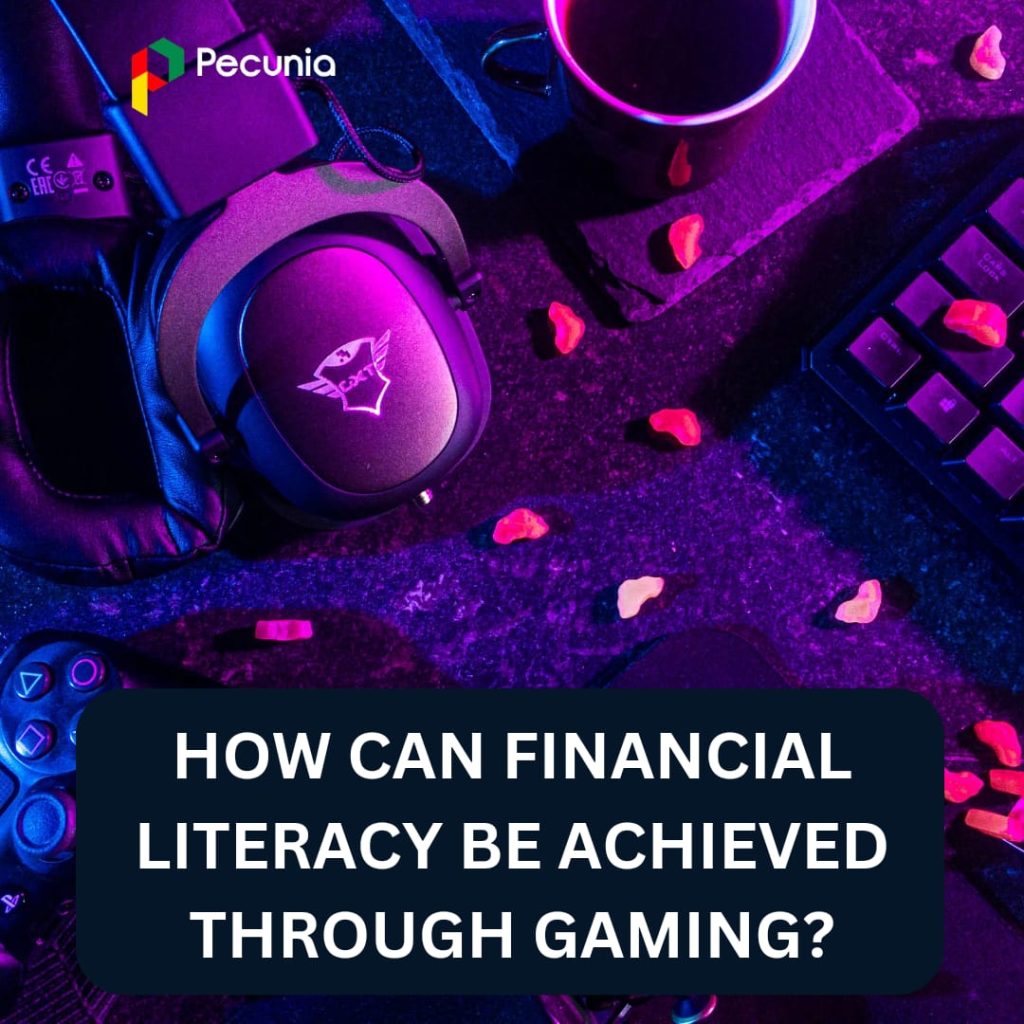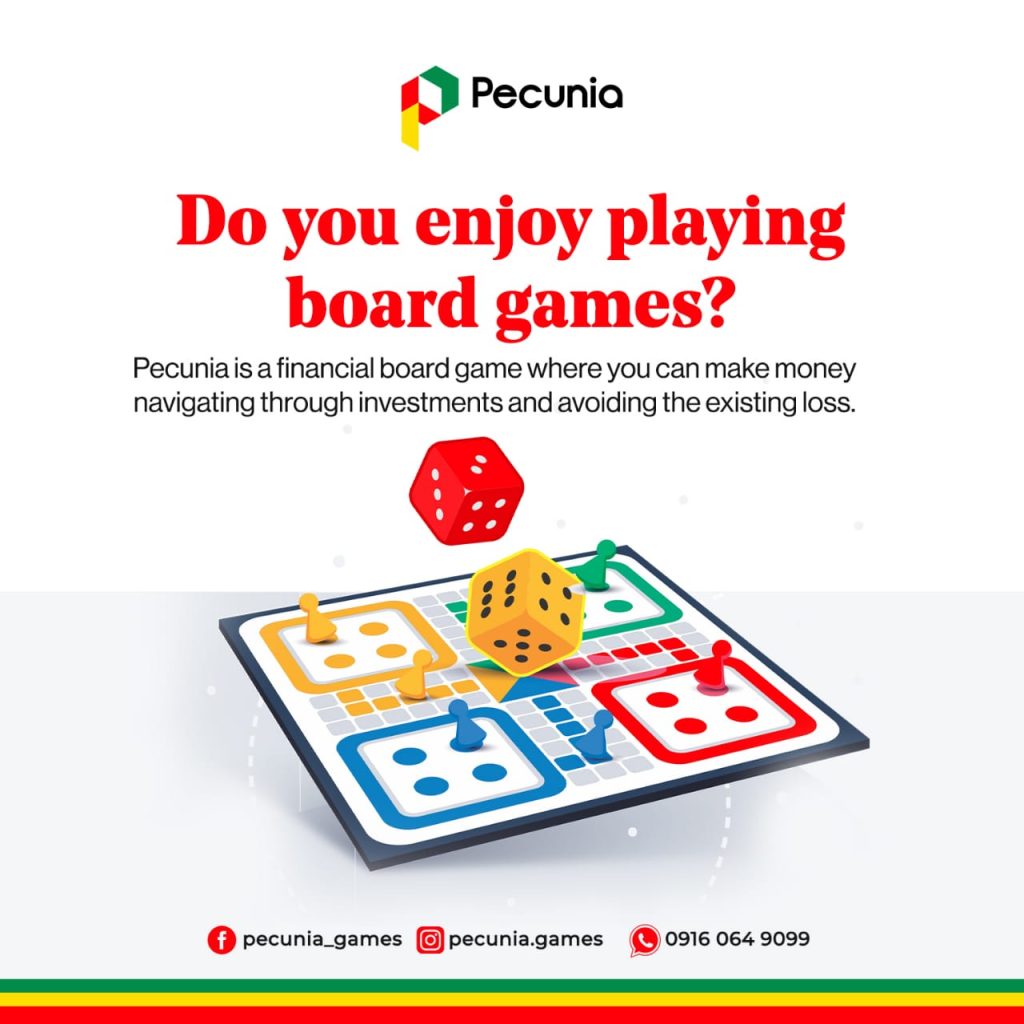There are many questions regarding how financial education can be achieved through gaming. Yes, financial literacy can be achieved through gaming by incorporating educational elements into game design.

Here are several ways in which financial literacy can be achieved through gaming:
1. Cryptocurrency simulators:
These virtual platforms simulate the experience of trading cryptocurrency without involving real money. With more cryptocurrency simulators being developed, more people can learn about blockchain technology, trading strategies, and the benefits and risks associated with digital assets.
2. Financial board games:
These games are designed to teach individuals about different aspects of personal finance, investing, economic principles, and how to hone their money management skills. Financial board games have been around for a long time and now also have electronic versions. An example of a virtual financial board game is PECUNIA, which is an investment board game that builds your ability to think strategically and make smart financial choices.

3. Budgeting challenges:
This is one way in which financial literacy can be achieved through gaming. Designing games that challenge individuals to create and manage budgets for different scenarios, such as buying household items or planning a vacation, helps individuals learn how to manage their limited available resources.
4. Community forums and discussions:
With the introduction of more financial communities, financial literacy is also increasing. More financial communities help members expand their financial knowledge by introducing different gaming activities, such as credit score challenges, real estate tycoon games, tax simulation games, financial games, and many others. Some financial communities, like FINTRIBE, organize financial fun fairs for women in Nigeria and incorporate different games that can increase their knowledge of investment.
5. Interactive financial story-lines:
This is one of the best ways to teach students and children about financial education. Using storylines in gaming makes it fascinating and engaging for children and students. With more storylines included in games, students learn more financial terminologies and build their financial vocabulary. In-depth studies of books like “The Smart Money Woman” by Arese Ugwu and “Rich Dad, Poor Dad” by Robert Kiyosaki give breakdowns of financial terminologies using captivating storylines.
6. Entrepreneurial simulators:
These games simulate the entrepreneurial journey, guiding individuals through the process of starting and managing a business. They also guide individuals on how to deal with financial challenges and make the right financial decisions. An example of an entrepreneurial simulator is SIM COMPANIES, an open-source transportation simulation game where you build and manage a transportation company.
7. Real estate tycoon games:
These games simulate real estate investment scenarios and teach players how to buy and value properties, mortgages, and the impact of market trades on real estate. These games expose individuals to the process of starting investment in real estate considering different market trades.
In conclusion, there is a significant impact of financial literacy through gaming. It gives you the opportunity to learn more about finance while having fun. Combining gaming with financial education makes learning entertaining and helps players retain and apply the knowledge gained during gameplay.